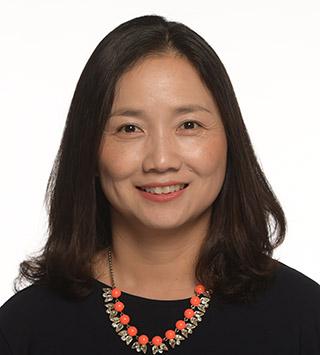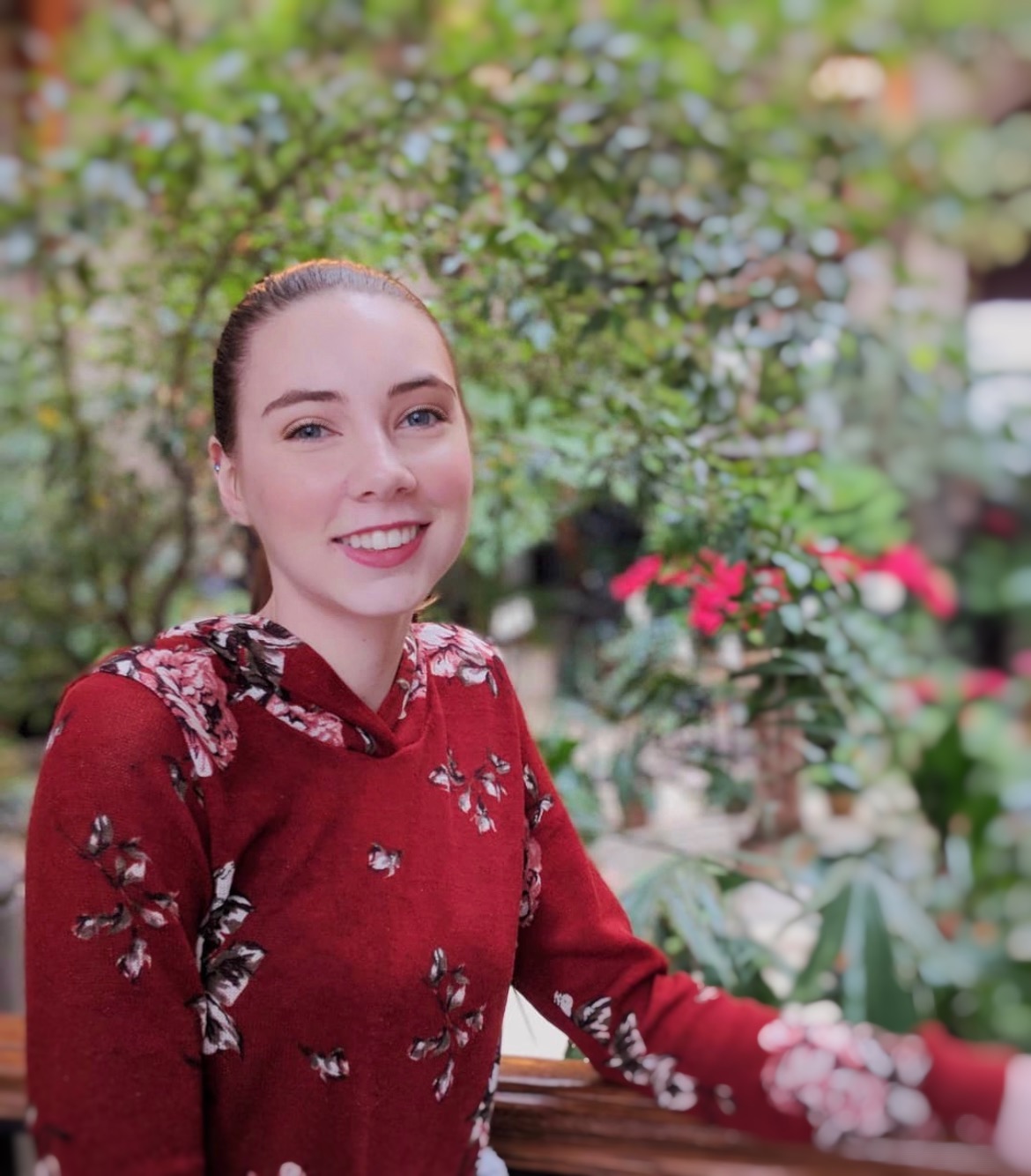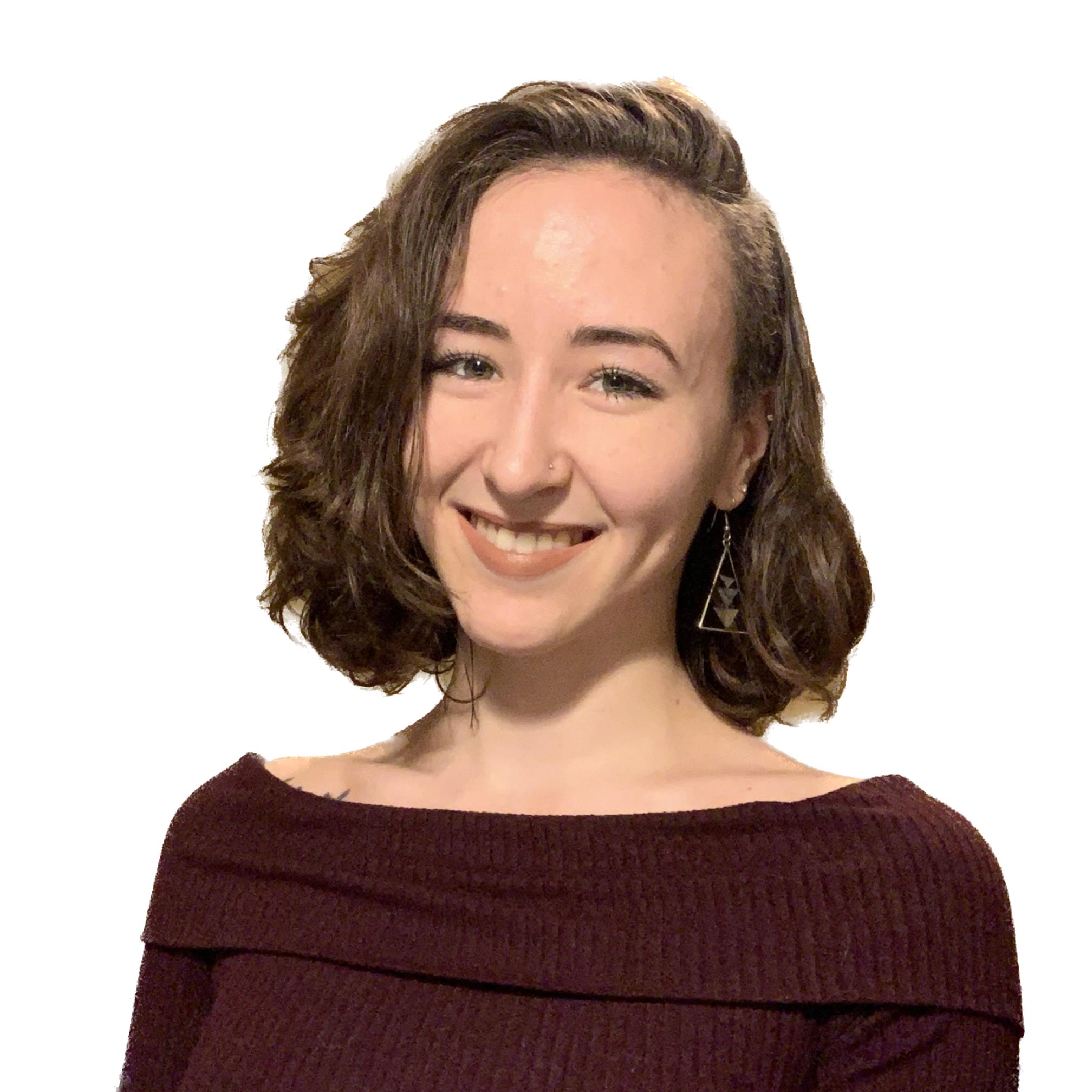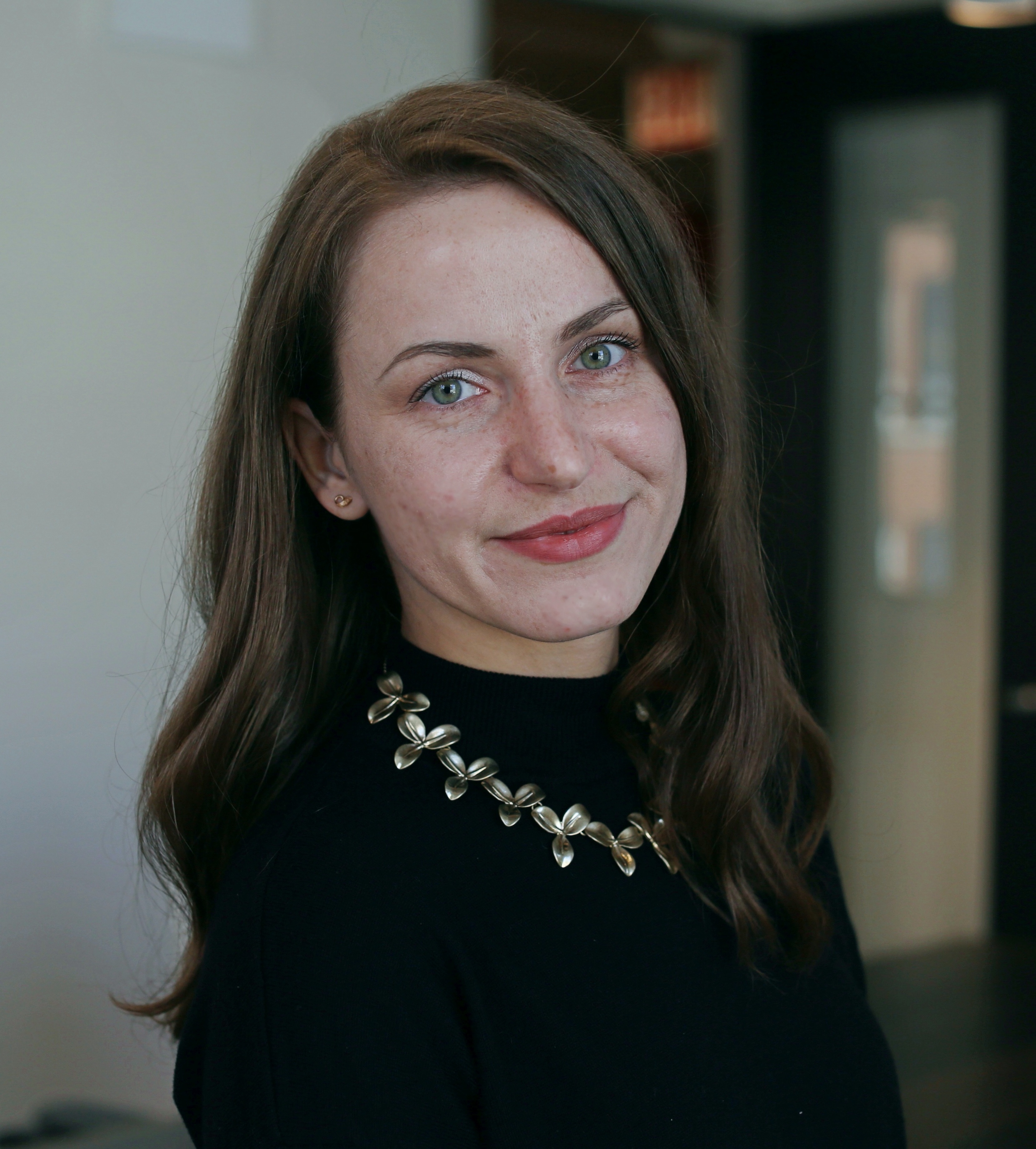our team
Principal Investigators

Patrick Corrigan
Patrick Corrigan is Distinguished Professor of Psychology at the Illinois Institute of Technology. Prior to that, Corrigan was Professor of Psychiatry and Executive Director of the University of Chicago Center for Psychiatric Rehabilitation. Corrigan has worked most of his 30-year career in providing and evaluating services for people with psychiatric disabilities with special focus on the impact of health equity. Realizing that the benefits of psychiatric services are limited by stigma, he has spent the past two decades broadening his research to the prejudice and discrimination of mental illness. His work has been supported by NIH and PCORI for most of that time to, among other things, develop and lead the National Consortium on Stigma and Empowerment (www.NCSE1.org). This led to development of the Honest, Open, Proud program to erase the stigma of mental illness (www.honestopenproudprogram.org). Corrigan also extended his research to mental health AND social determinants (e.g., ethnicity, religion, gender identity, sexual orientation, and age) and corresponding social disadvantage related to poverty, criminal justice involvement, and immigration concerns resulting in the Chicago Health Disparities Center (www.chicagoheatlhdispariteis.org). Corrigan has authored more than 450 journal articles and 20 books. He is also editor of Stigma and Health, an APA journal.

Lindsay Sheehan
Dr. Lindsay Sheehan, PhD, is Assistant Professor and Associate Director at the Center on Health Equity, Education, and Research (CHEER) at the Illinois Institute of Technology. Dr. Sheehan has over 30 peer-reviewed publications and is principal investigator on multiple psychiatric disability-related research and training grants. She developed the Inspiring Change community-based participatory research (CBPR) curriculum and has extensive experience implementing CBPR programming. She is director of a state-funded program to train certified recovery support specialists/ certified peer recovery specialists (CRSS/CPRS). Her research has focused on the stigma of mental illness, suicide, health equity, and the evaluation of peer services for people with mental illness. Dr. Sheehan also has a decade of experience working in community mental health care, including provision of counseling, case management, residential support, and vocational training services.
Senior Research Faculty

Jon Larson
An associate professor and chair of psychology at Illinois Tech, Jonathon Larson is a core faculty member in the Department of Psychology’s Division of Counseling and Rehabilitation Science. He is the principal investigator for “Testing the Effectiveness of Neurofield: A Pulsed Electromagnetic Field System for Electroencephalogram Regulation” funded by Neurofield, Inc. He is a co-investigator for the “Motivational Interviewing for Social Security Exiters” project funded by the Social Security Administration. Larson was principal investigator for: a five-year transformation grant on “Trauma Informed Care for Veterans and Family Members” funded by Substance Abuse and Mental Health Services, and four Rehabilitation Training Grants funded by Rehabilitation Services Administration, Department of Education. He was co-investigator for: “Patient-Centered Research Center Project of Peer Navigators” funded by the Agency for Health Research and Quality; “Supported Education for Veterans with Mental Illness” funded by the Veterans Administration; and “Center on Adherence and Self-Determination” funded by the National Institute of Mental Health. Larson has authored 61 peer-reviewed publications, seven book chapters, and 22 published training chapters.

Eun-Jeong Lee
Eun-Jeong Lee is Professor of Psychology in the Department of Psychology at Illinois Institute of Technology. Dr. Lee received her Ph.D. in Rehabilitation Psychology from the University of Wisconsin-Madison in 2007. Dr. Lee has had over 20 years of experience in the area of disability and rehabilitation as a therapist/counselor, researcher and educator. Her publications include over 50 peer-reviewed articles and book chapters which focuses on the psychosocial/multicultural issues among people with disability and their caregivers, vocational aspects of disability and various factors contributing to successful outcomes. As PI and co-PI, Dr. Lee had led multiple research projects funded by National Institute on Disability, Independent Living, and Rehabilitation Research (NIDILRR), National Institute of Health (NIH), Department of Defense (DOD), and Rehabilitation Services Administration (RSA). Dr. Lee has also served as an executive board member and the president of section 2 (Women’s issues) for APA Division 22 (Rehabilitation Psychology) and National Council on Rehabilitation Education (NCRE) and as an editorial board member for national and international Journals. Currently, Dr. Lee is serving as the first president of Asian Rehabilitation Counseling Society.

Nicole Ditchman
Dr. Nicole Ditchman is an Associate Professor in the Division of Counseling and Rehabilitation Science, Department of Psychology at Illinois Institute of Technology. She is a Certified Rehabilitation Counselor (CRC), Certified Vocational Evaluator (CVE) and Licensed Clinical Professional Counselor (LCPC) in Illinois. She has nearly two decades of experience working, conducting research, and training in the field of rehabilitation and mental health counseling, and adheres to a strengths-based, person-centered approach to the delivery of services to individuals from diverse circumstances experiencing disability or chronic illness. Dr. Ditchman’s research interests focus on factors impacting community participation and well-being for people with disabilities, with an emphasis on transition-age youth with disabilities, as well as the application of positive psychology in supporting rehabilitation, employment and health outcomes. She has published over 60 peer-reviewed journal articles and book chapters and has been successful in obtaining and managing federally-funded research and training grants.
Research Associates

Vardha Kharbanda
Vardha is a second year Clinical Psychology Ph.D. student at Illinois Institute of
Technology. She was born and raised in New Delhi, India. Drawing from an
interdisciplinary background and extensive psychology training, Vardha’s
approach is characterized by mindfulness and a deep appreciation for
multicultural perspectives. Her unwavering passion lies in advocating for the
mental health of minority communities. As a first-generation graduate student, Vardha intimately understands the challenges faced by minorities in academia. This personal insight fuels her commitment to reshaping existing literature, making it more inclusive and responsive to the
needs of underserved populations. Her overarching goal is to collaborate with
students, behavioral health providers, and experts from diverse disciplines to ensure that high-quality mental health care and education are accessible to all individuals.

Elliott Morris
Elliott Morris is the Community Research Navigator for the Center for Health Equity, Education, & Research at Illinois Institute of Technology. He has 44 years of experience in corporate organizations, hospital administration, peer recovery and mental health specialist and navigator roles at the Univ. of Chicago, Northwestern University, University of Illinois, and Loyola. He is passionate about mental health recovery, exercise, and education for the aging and mental health communities from a peer perspective. He is a dedicated advocate for those who live with and have passed away from HIV/AIDS. He works with and advocates for BIPOC, aging, and LGBTQ+ community.

Madeline Oppenheim
Madeline Oppenheim, MSc, MS, CRC, LPC, is currently a doctoral student in the Rehabilitation Counseling Education Program at Illinois Tech, and a certified rehabilitation counselor. She has provided vocational rehabilitation services to veterans with severe mental illness and mental health counseling to students of IIT. She received her MA in Early Intervention in Psychosis Studies at Kings College London (KCL), and an MS in Rehabilitation and Mental Health Counseling from IIT. Prior to her time at IIT, Madeline was involved in research on applications of machine learning for differential classification of bipolar disorder in sMRI data at KCL. She also gained experience working with a first-episode psychosis team. At IIT, Madeline is involved in projects focusing on disclosure of mental health conditions and mental health stigma.

Virginia Spicknall
Virginia Spicknall, MS, CRC, is a Clinical Research Associate with the Center for Health Equity, Education, and Research (CHEER). She received her Masters in Rehabilitation and Mental Health Counseling from Illinois Tech. Virginia provided mental health counseling services at Illinois Tech’s Student Health and Wellness Center as well as participated as a counseling intern with the Department of Rehabilitation Services. She also volunteered with Crisis Text Line, providing crisis counseling services. Virginia has gained research experience working on studies done at Illinois Tech and DePaul University, including studies on Parent Child Interaction Therapy, COVID’s impact on healthcare workers, peer-support services, etc. Within CHEER, Virginia is involved in projects related to disclosure, peer-support, CBPR, Stigma, and more.

Karyn Bolden Stovall
Karyn Bolden Stovall is the Community Research and Engagement Coordinator for the Chicago Health Disparities Center at IL Tech. Ms. Stovall has lived expertise and is bilingual in English and Spanish. Most recently, she has served as a Community Health Worker at NAMI Metro Suburban, providing case management services to people with mental health challenges. Ms. Stovall also worked in the U.S. Department of State, managing academic programs, overseeing budgetary and grant needs, and conducting public affairs activities for four years. She is adept in facilitating trainings, hosting events, and overseeing large-scale events. She holds a B.A. in Sociology from Dillard University, an M.A. in International Studies from the University of Denver and is currently pursuing an MSW at Chicago State University.

Snigdha Talluri
Sai Snigdha Talluri, MS, MA, CRC, LPC, is currently a Clinical Research Associate and a doctoral candidate at Illinois Institute of Technology (IIT). She received her MA in General Psychology from Boston University and MS in Rehabilitation and Mental Health Counseling from IIT. The majority of Snigdha’s research experiences have focused on studies that describe, explain and improve community outcomes for individuals with serious mental illness and substance use disorders. Snigdha’s research interests also include reducing negative societal attitudes towards people with serious behavioral health conditions and improving treatment access and engagement.

Anastasia Tooley
Anastasia Tooley, MS, is a PhD student in Clinical Psychology with a concentration in Rehabilitation at Illinois Tech. She currently works as a Clinical Research Associate at the Center for Health Equity, Education, and Research (CHEER). Her research interests include mental illness stigma and health equity, with previous experience in child development and families. After completing a BS at Purdue University, she earned her MS in Clinical Psychology at Illinois Tech for research on the public stigma associated with Tourette’s syndrome. She has experience providing therapy services across a variety of settings and populations, from working in community mental health to serving individuals with craniofacial conditions. Before coming to Illinois Tech, she supported children with autism and their families as an RBT-Certified, Applied Behavior Analysis therapist. At CHEER, she is engaged in research focused on peer support and psychiatric disability.

Miranda Twiss
Miranda Twiss, BA, works in the CHEER lab as a Clinical Research Associate. She received a Bachelor’s in Psychology from Washington University in St. Louis and is currently earning her Master’s in Clinical Counseling from Illinois Institute of Technology. Prior to her time at IIT, Miranda managed psychotherapy intakes and psychological testing at a mental health clinic in Washington, DC. She has previously worked on research studying implicit bias interventions, social perceptions, and inter-group attitudes. At CHEER, she is involved in research projects on peer navigation, telehealth services, trauma and recovery, and anti-stigma campaigns. Miranda’s research interests include stigma and cultural differences around mental health, as well as PTSD, trauma interventions, resiliency, and recovery.

Beatrice Wendeln
Beatrice Wendeln, PhD, LPC, CRC is a Clinical Research Associate with the Center for Health Equity, Education, and Research and a PhD student in Rehabilitation Counseling Education. She received a MS in Psychotherapy from University of Bucharest, Romania and a MS in Rehabilitation and Mental Health Counseling from IIT where she engaged in research on adaptation to adversities and life transitions. She is a Fulbright scholar and gained her first PhD pursuing interdisciplinary research in art and psychology. Beatrice provided therapy for people with psychiatric disabilities in diverse settings. At CHEER, she is involved in research focusing on the stigma of mental health and substance use, disclosure, and health equity.
CHEER Fellows

Dorottya Ori
Dorottya Ori is a child and adolescent psychiatrist and a licensed couple and family therapist. She has been involved in several research projects since the beginning of her medical studies. Working in patient care, her research interest turned to mental-health-related stigma. She is a doctoral student at the Institute of Behavioral Sciences at Semmelweis University and is currently working on a large European study in the stigma field. As a Fulbright scholar, she spent a semester at Professor Corrigan’s lab at the Illinois Institute of Technology and adapted the Honest Open Proud Program to the Hungarian context. The fruitful collaboration with Professor Corrigan led her to join the lab for a longer period of time as an international fellow. She is one of the founder members of the National Antistigma Program in Hungary and has served as a board member of the Hungarian Psychiatric Association and the Early Career Psychiatrist Committee of the European Society for Child and Adolescent Psychiatry.